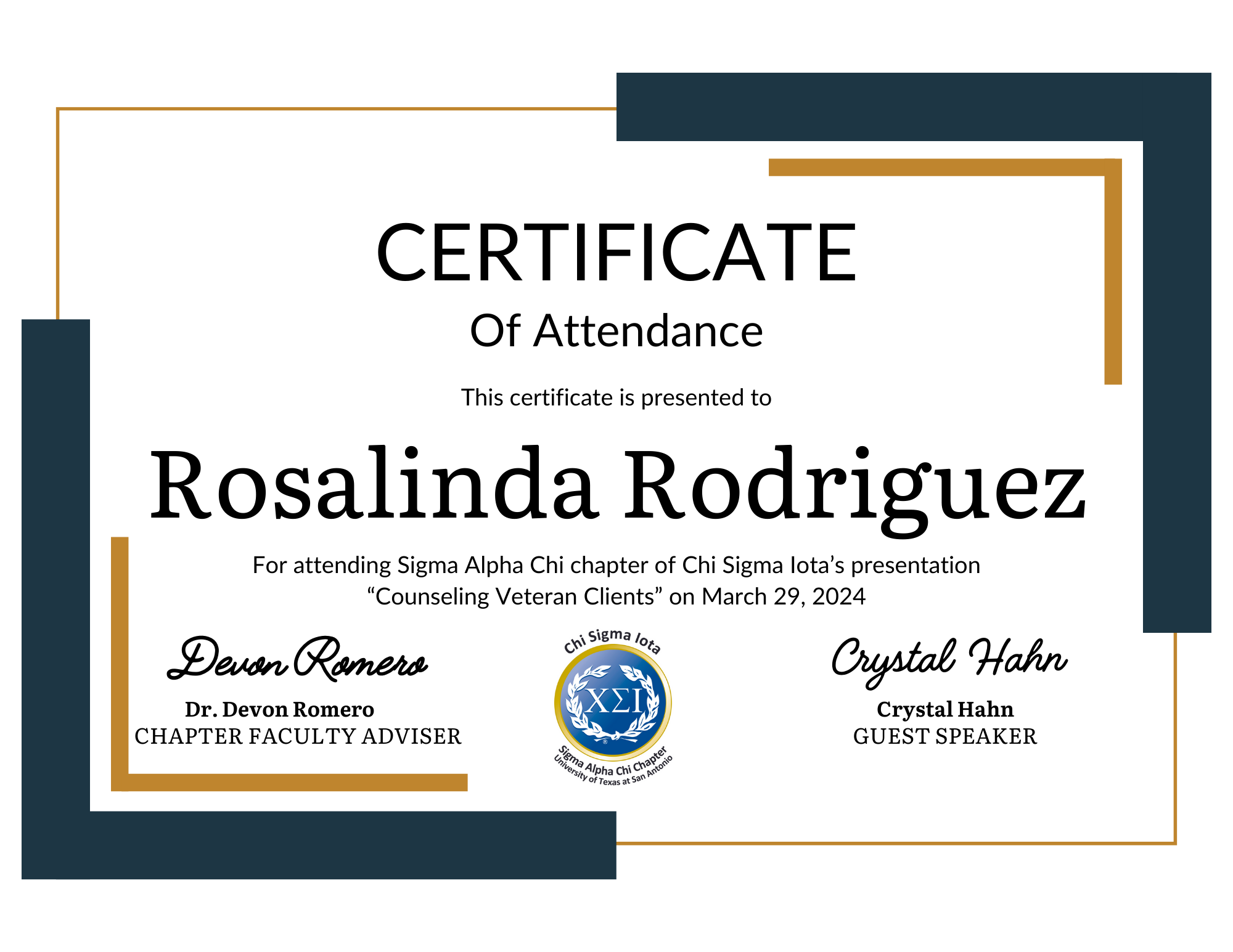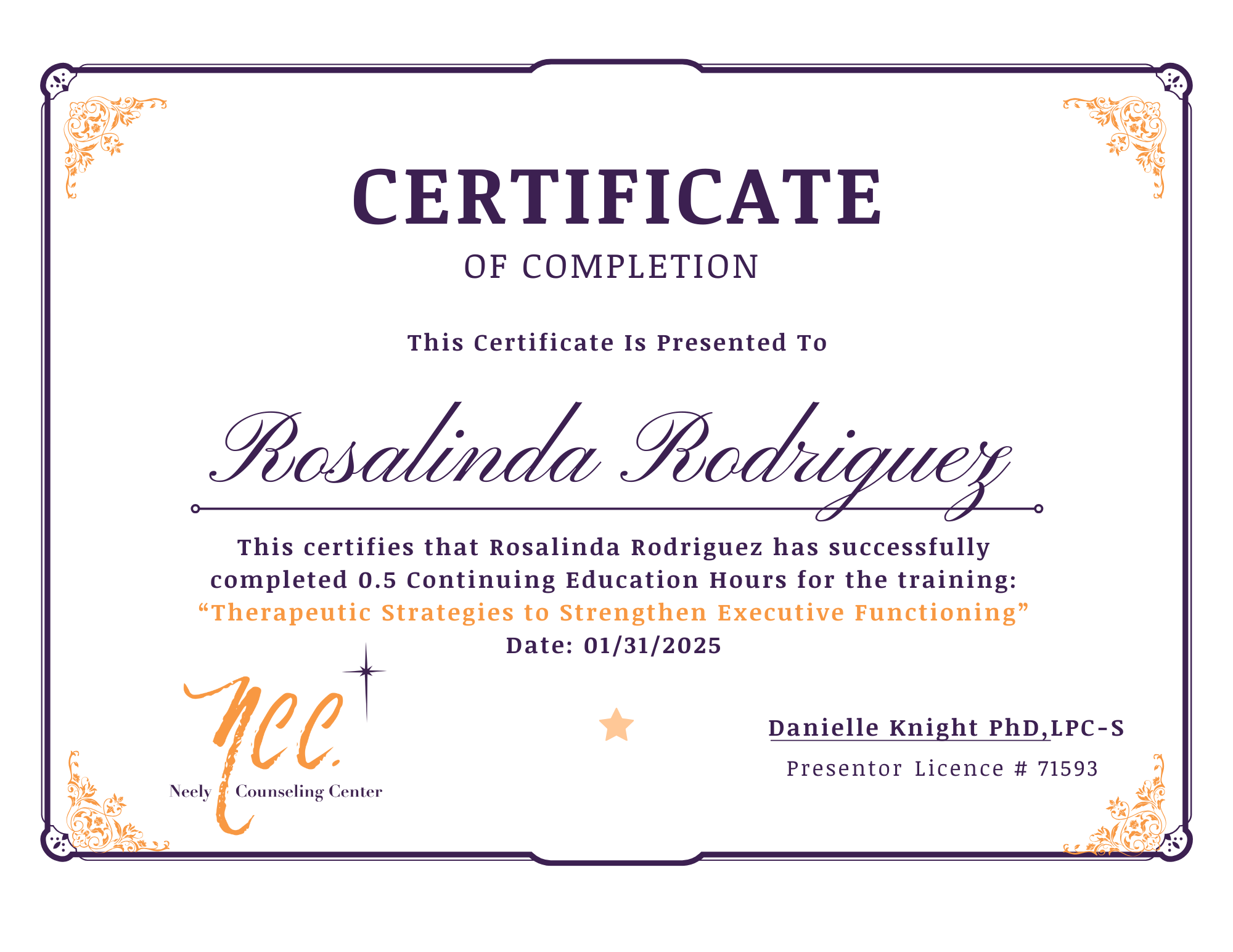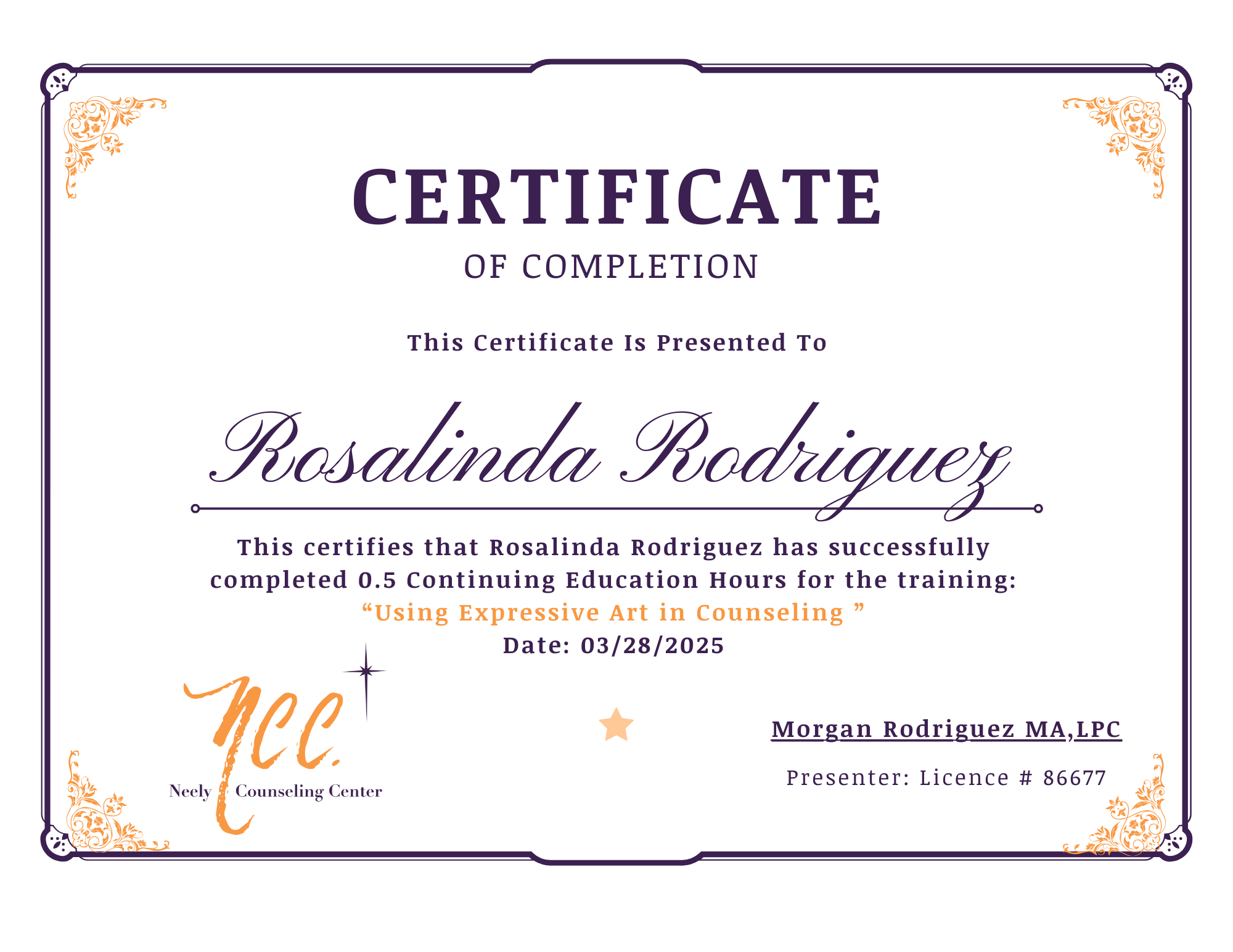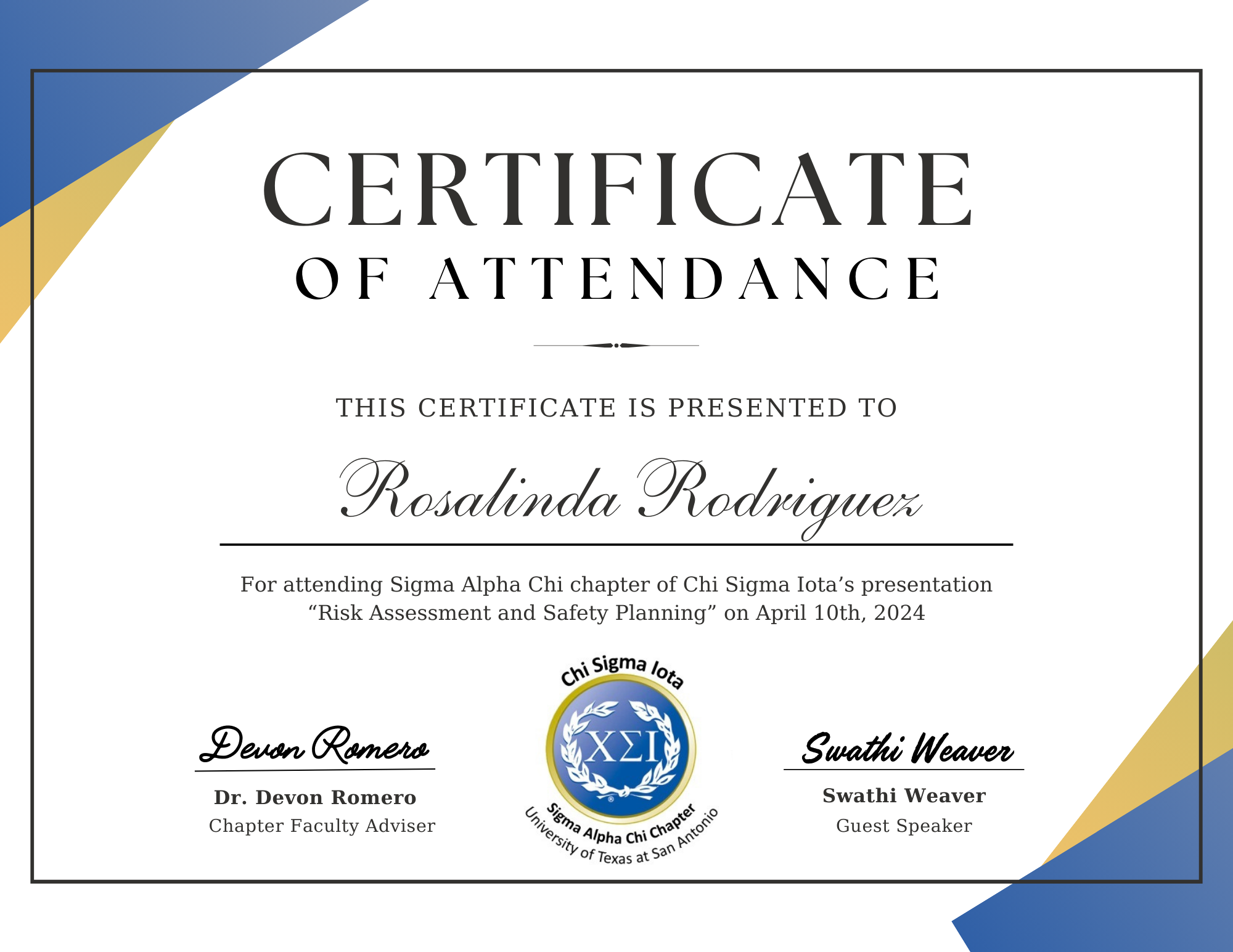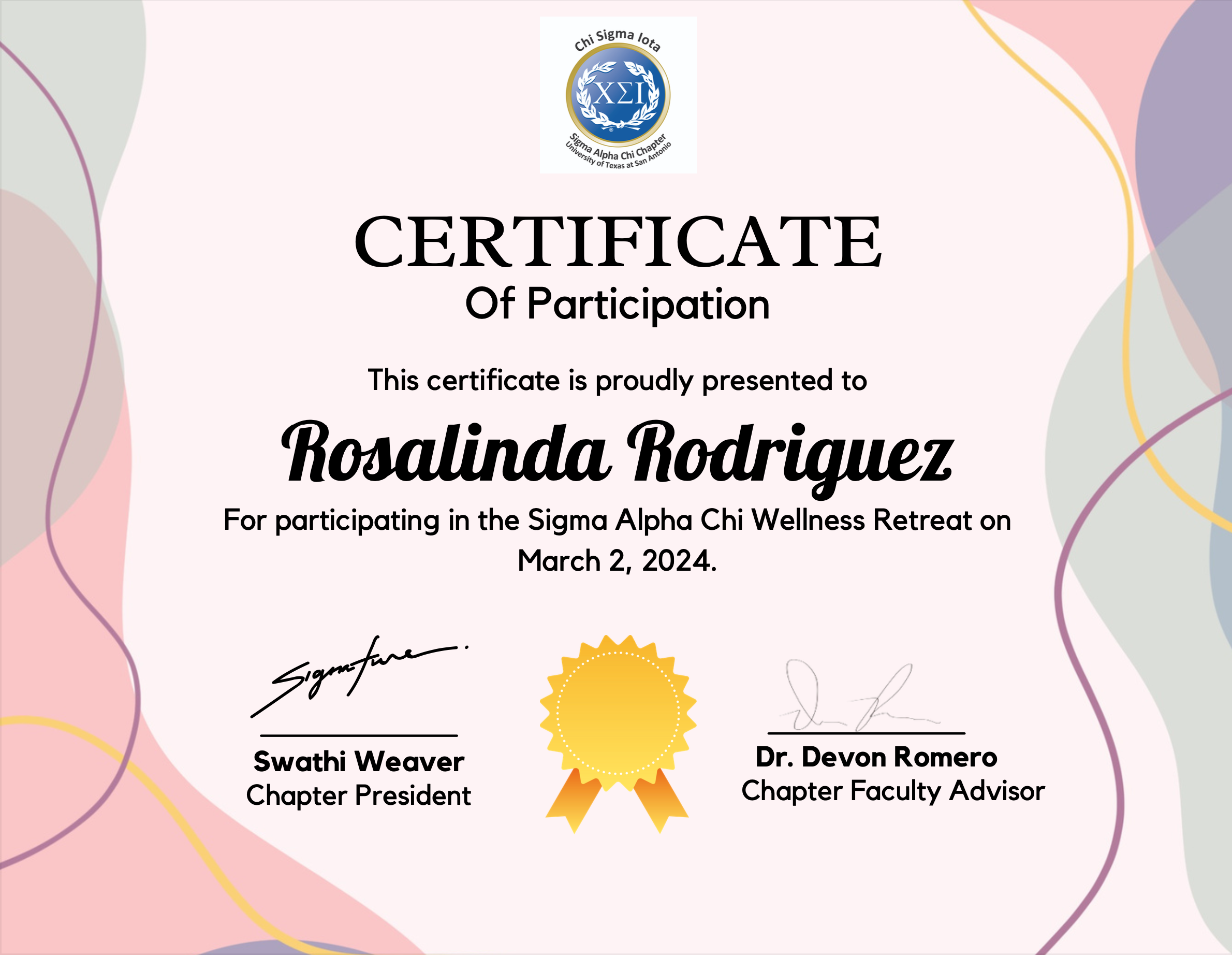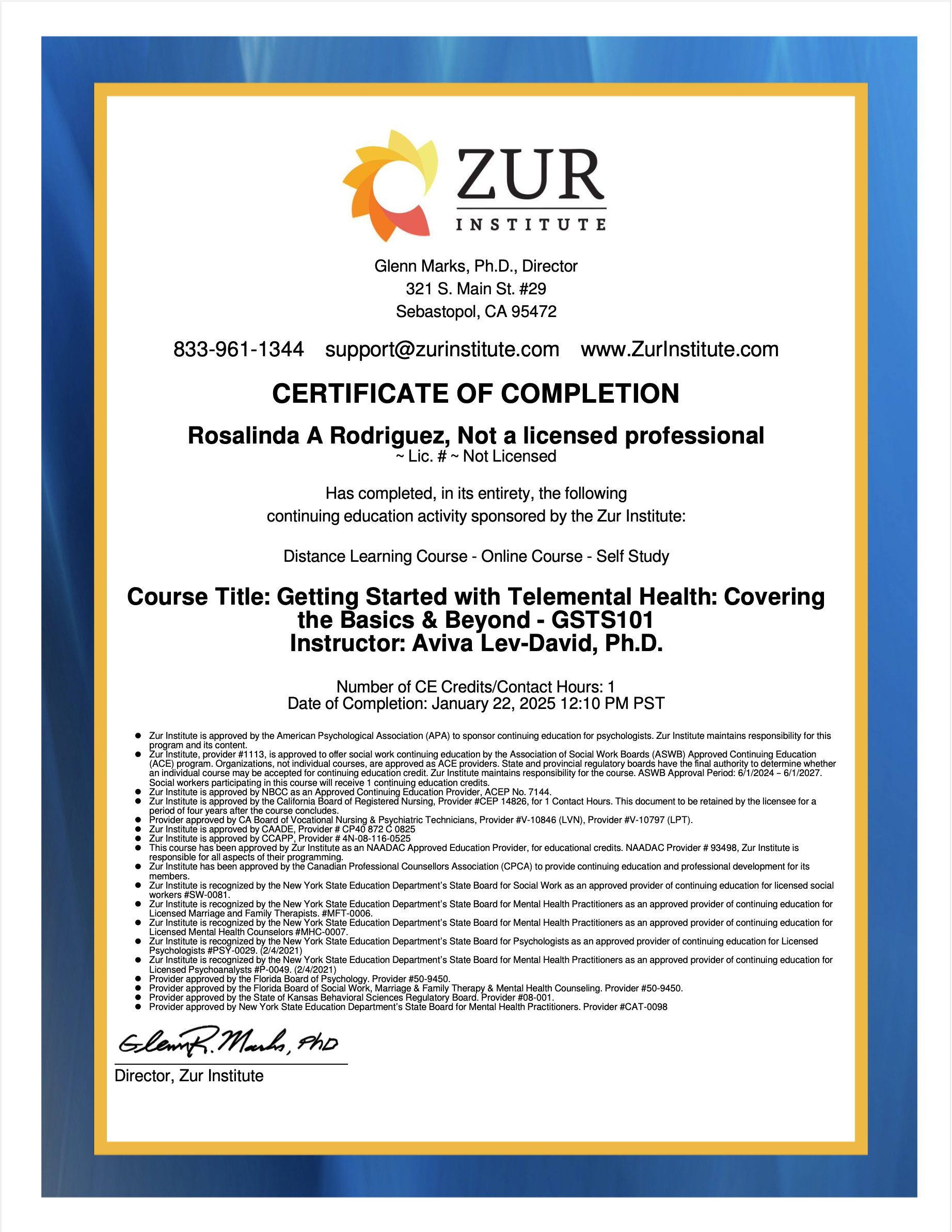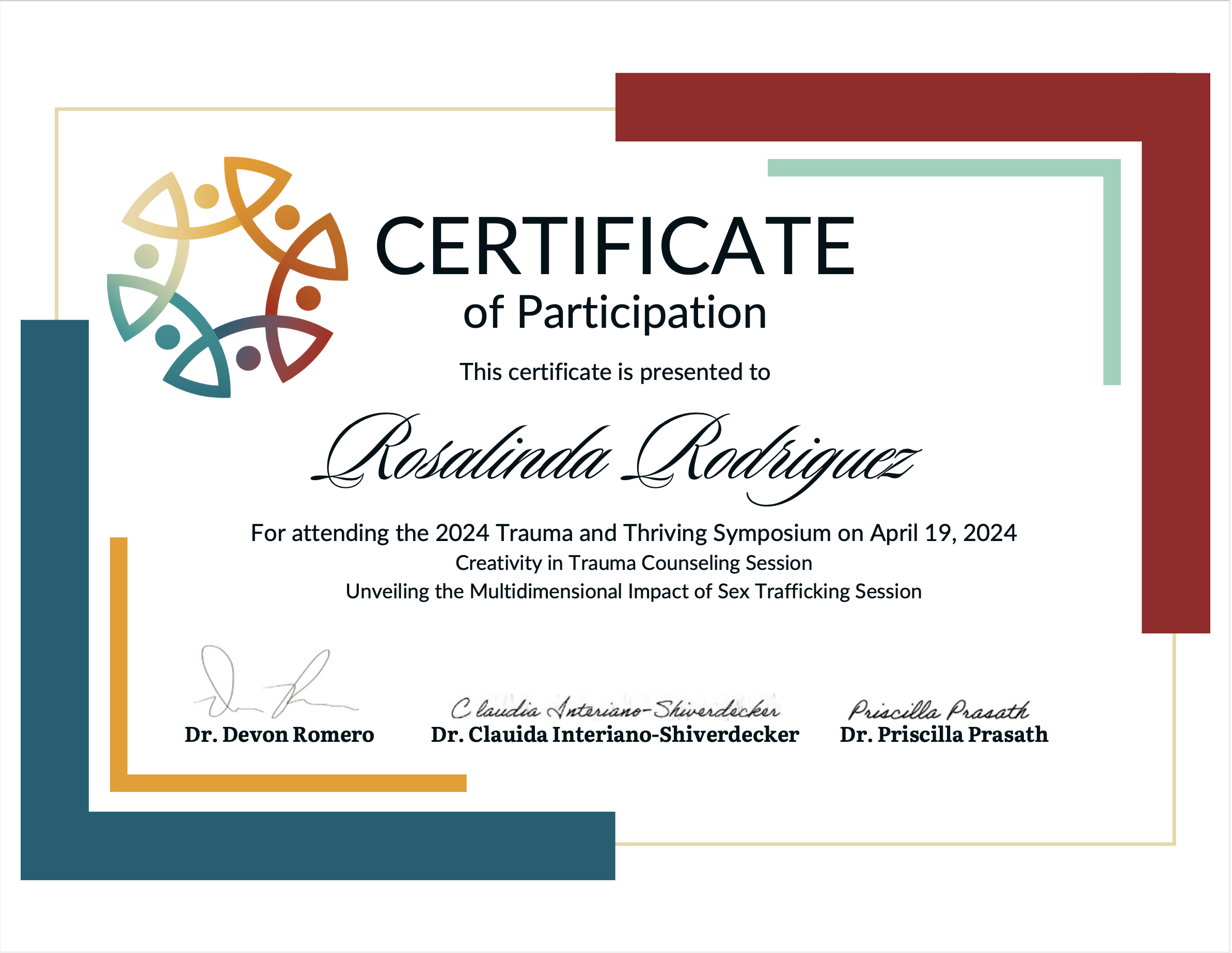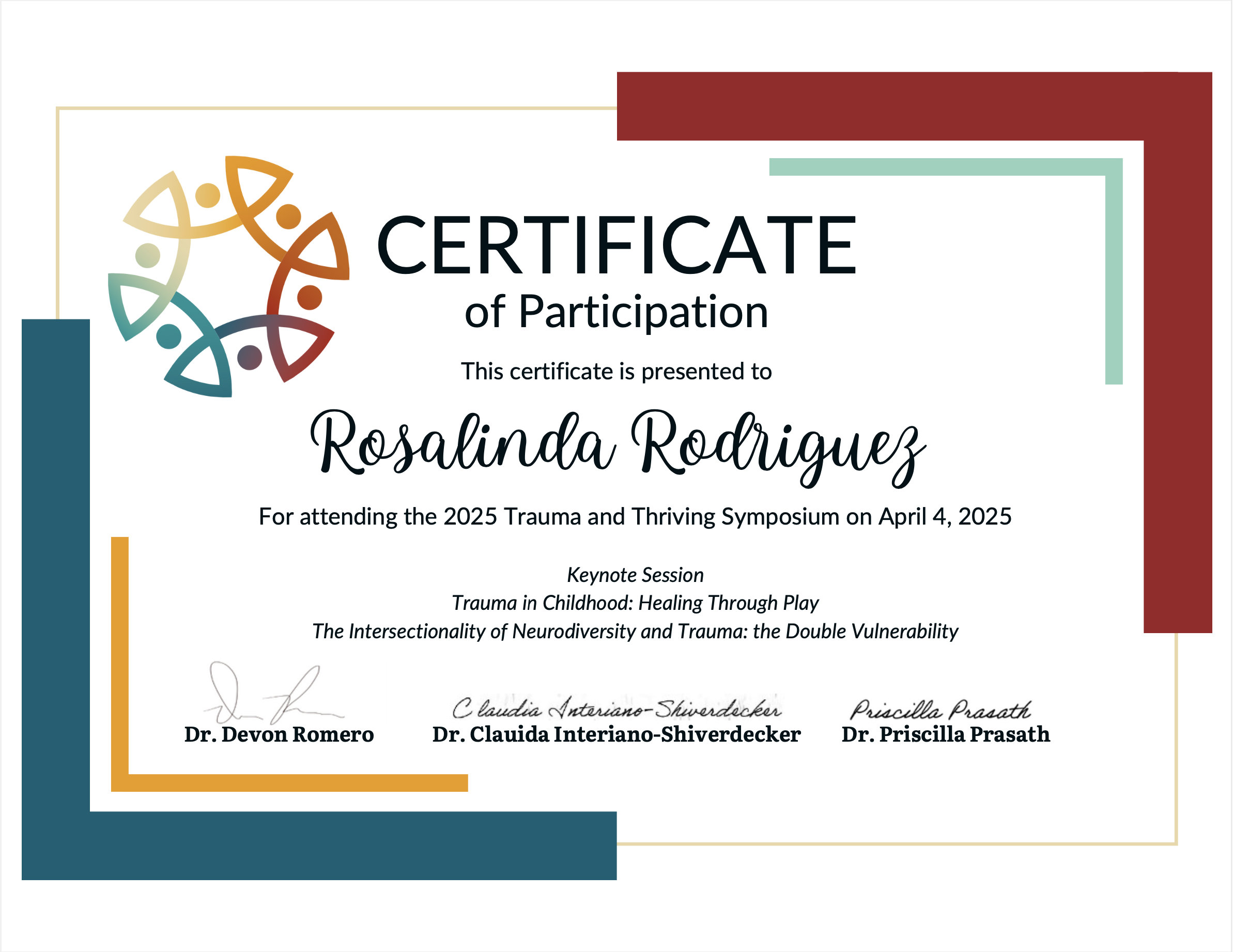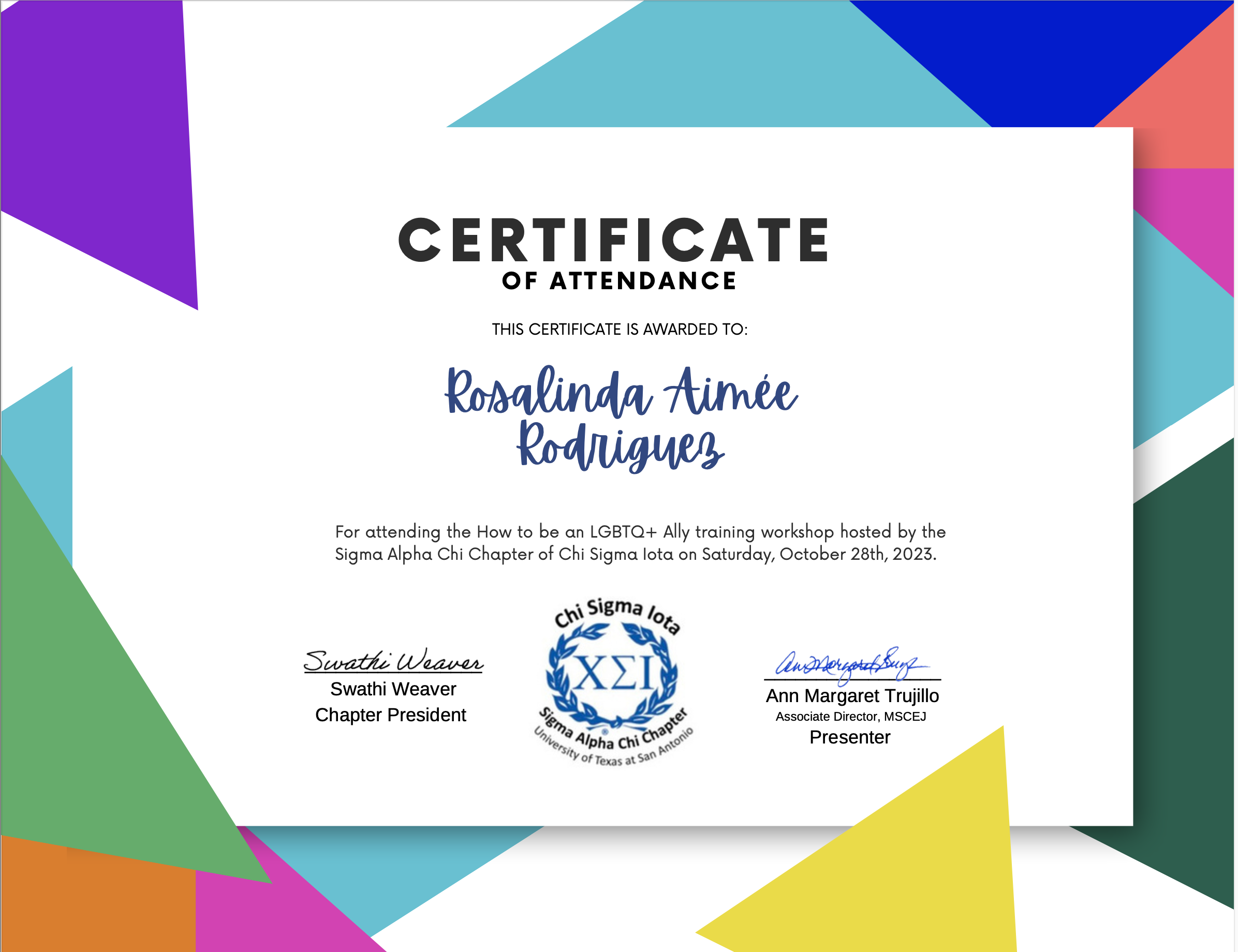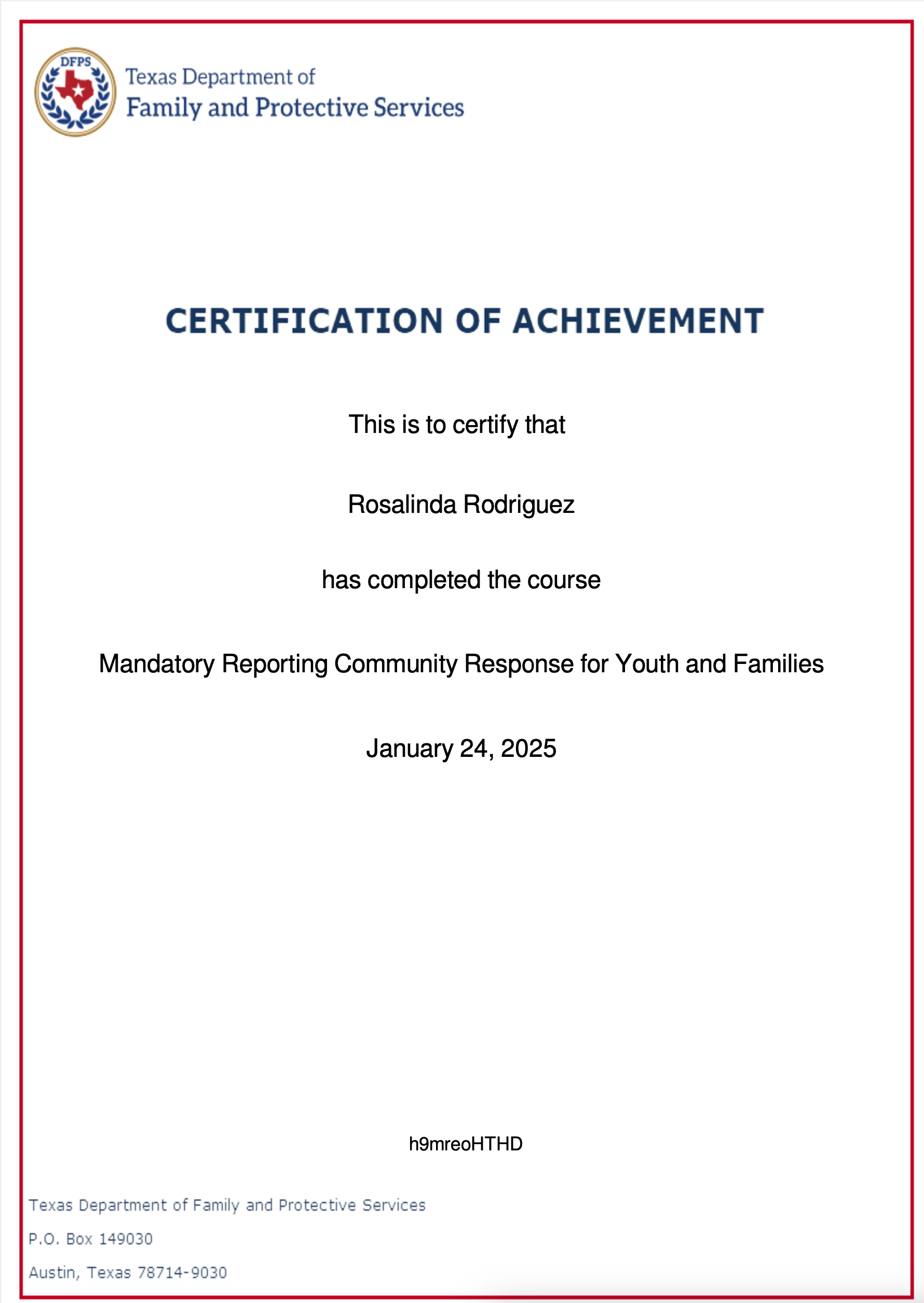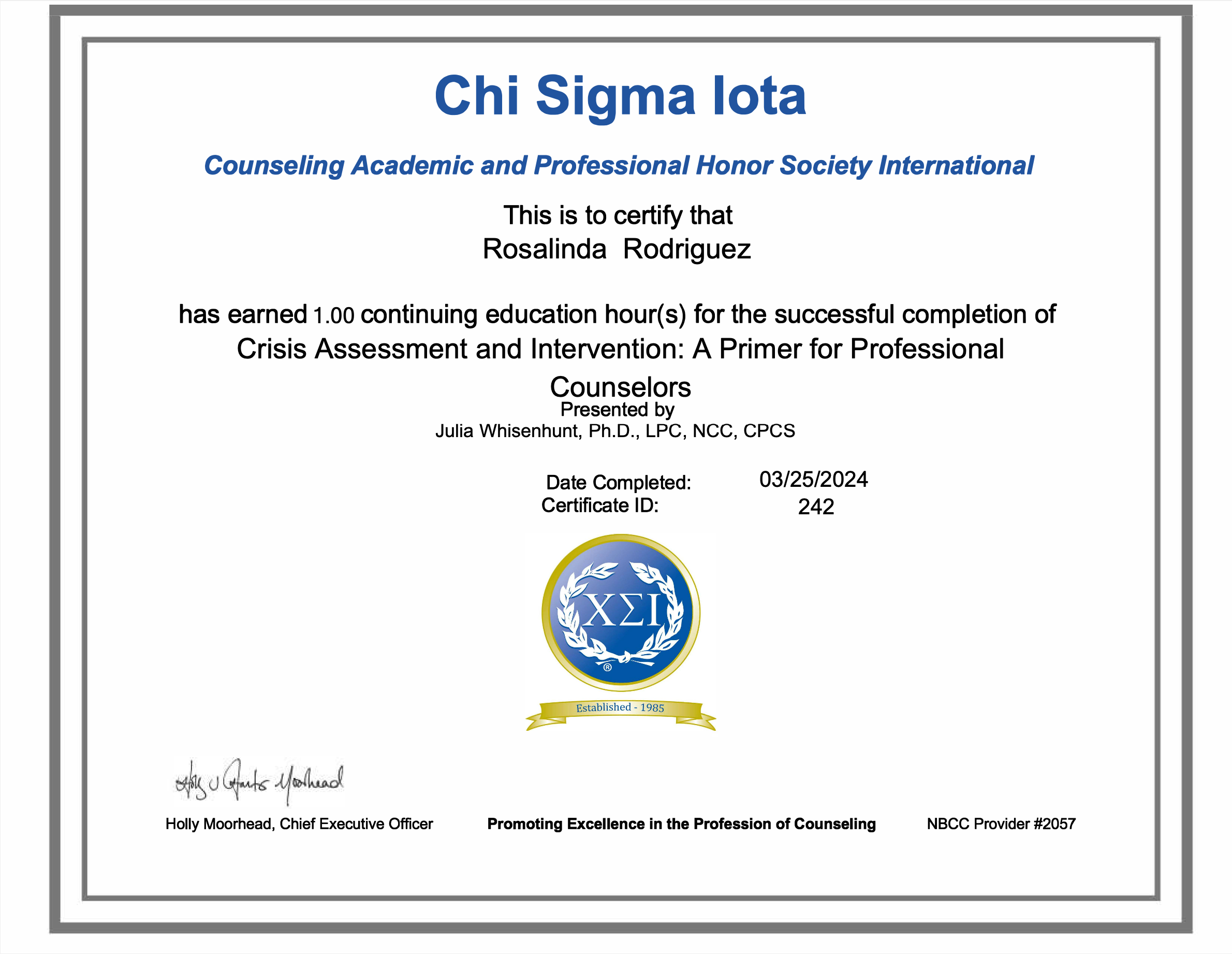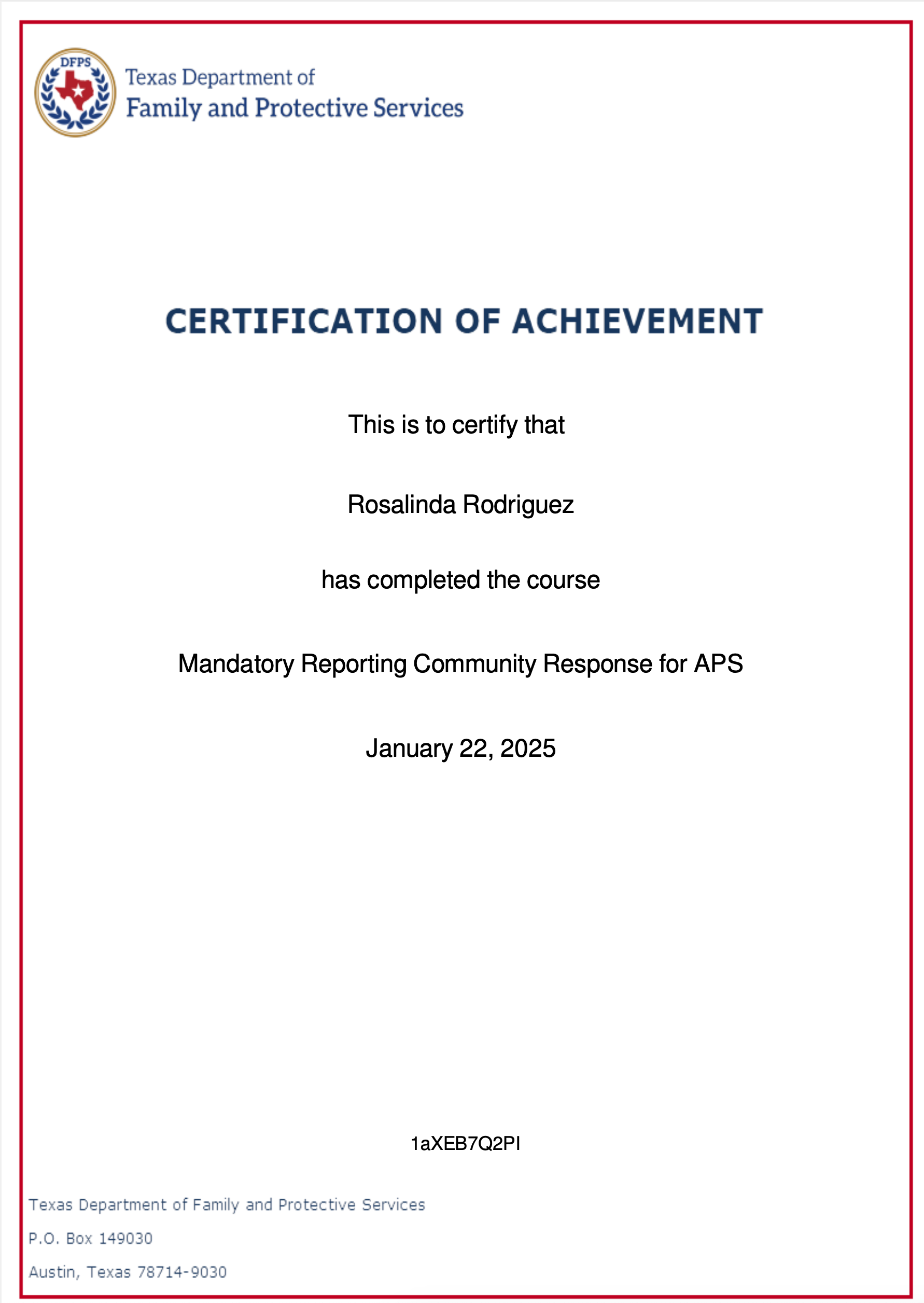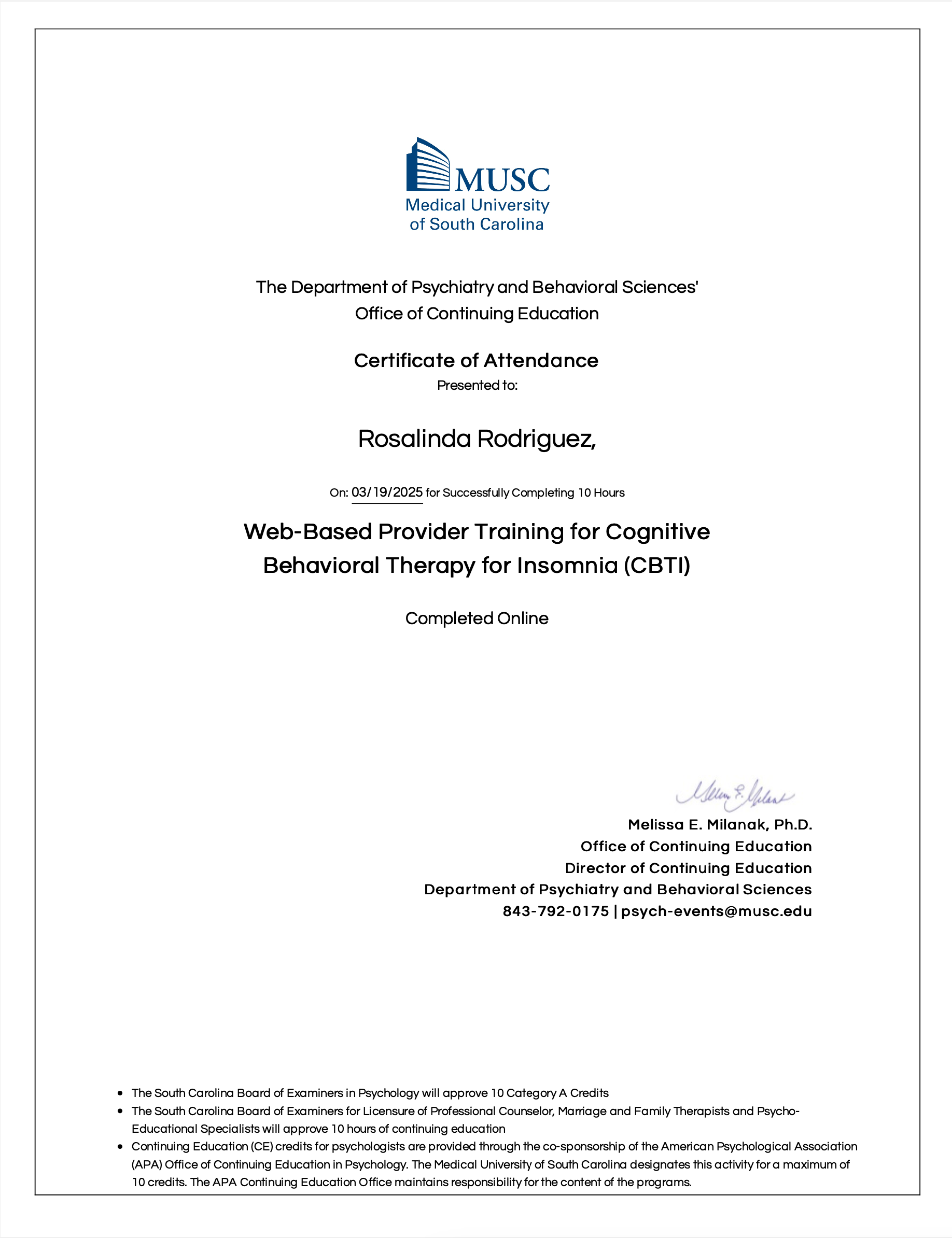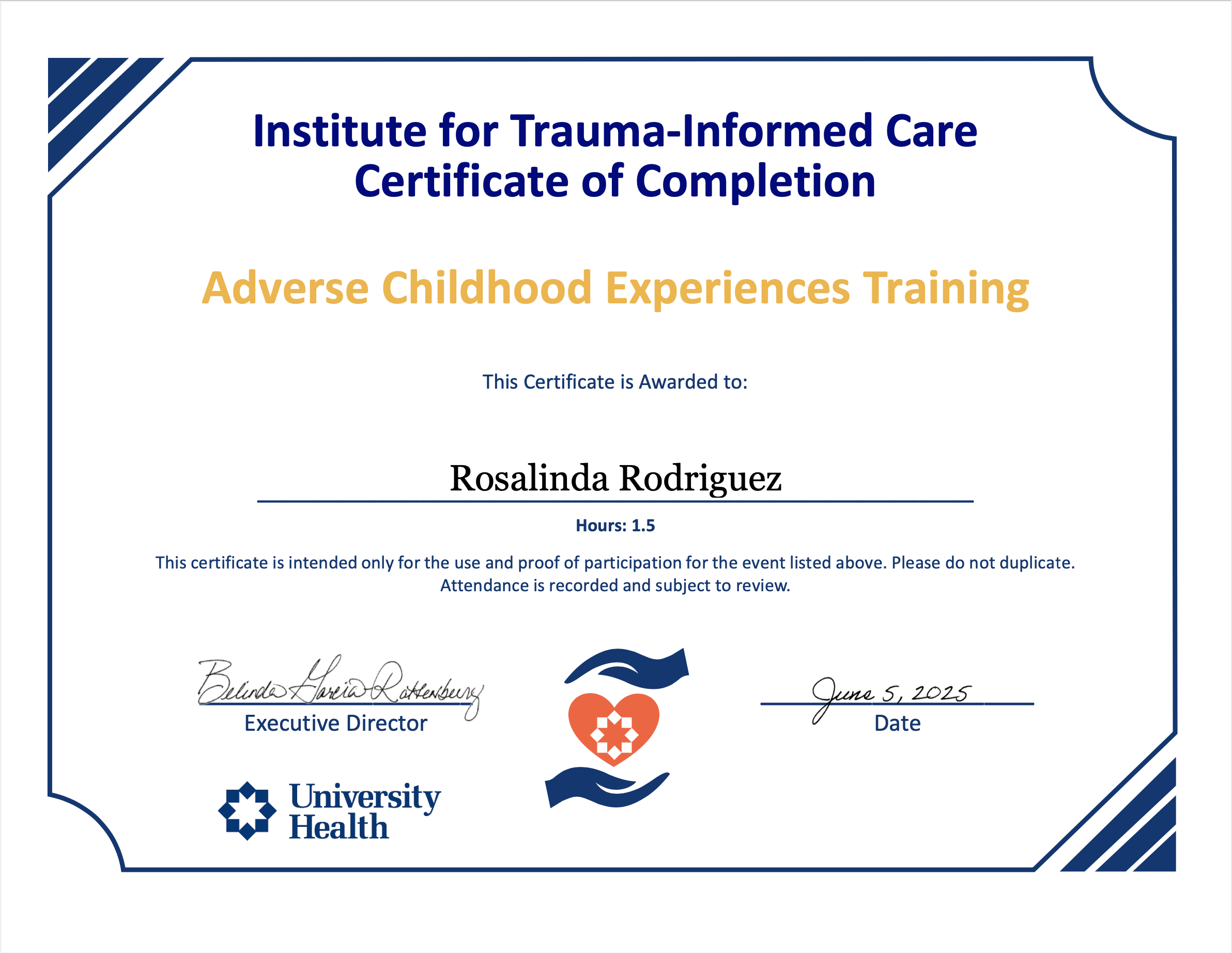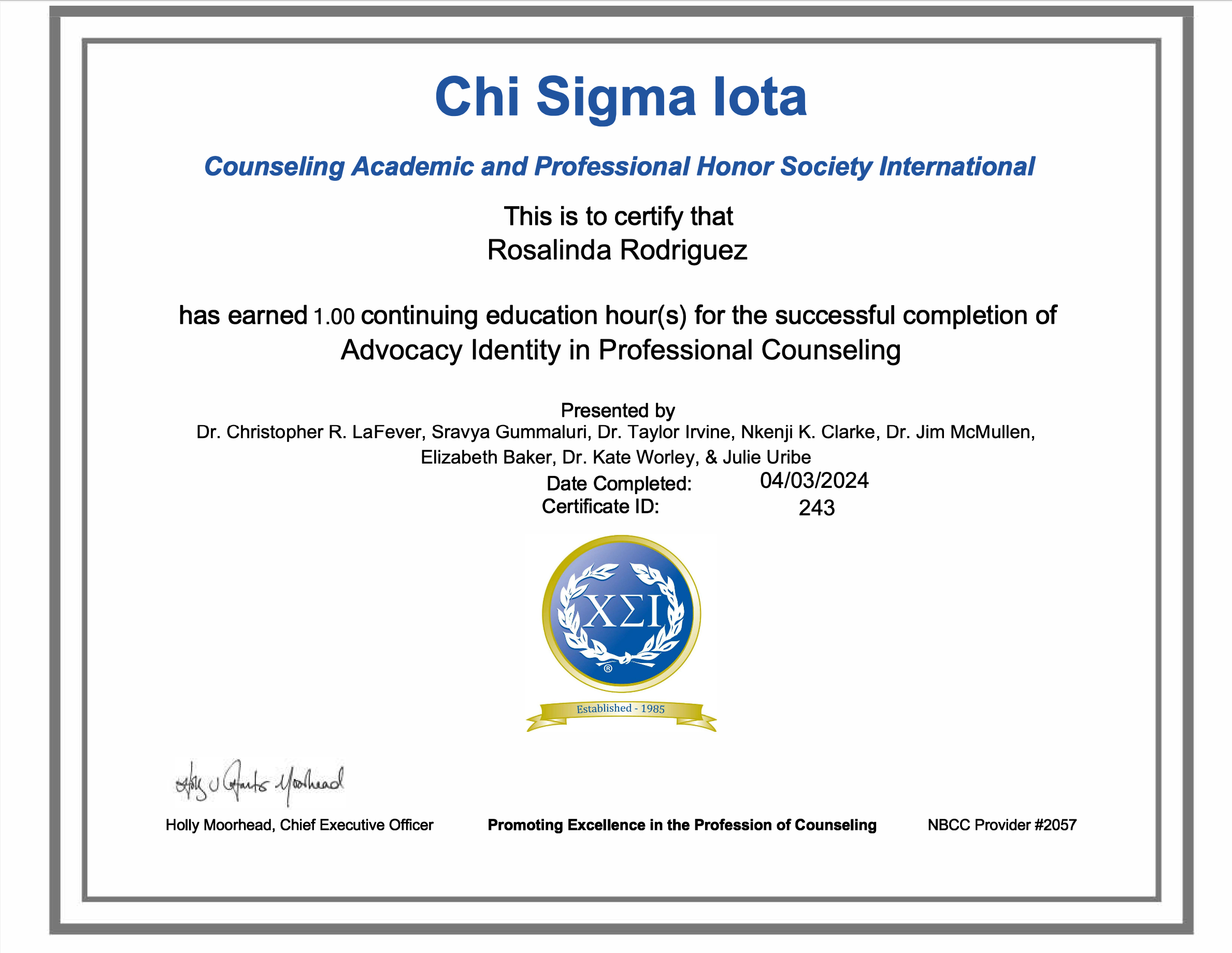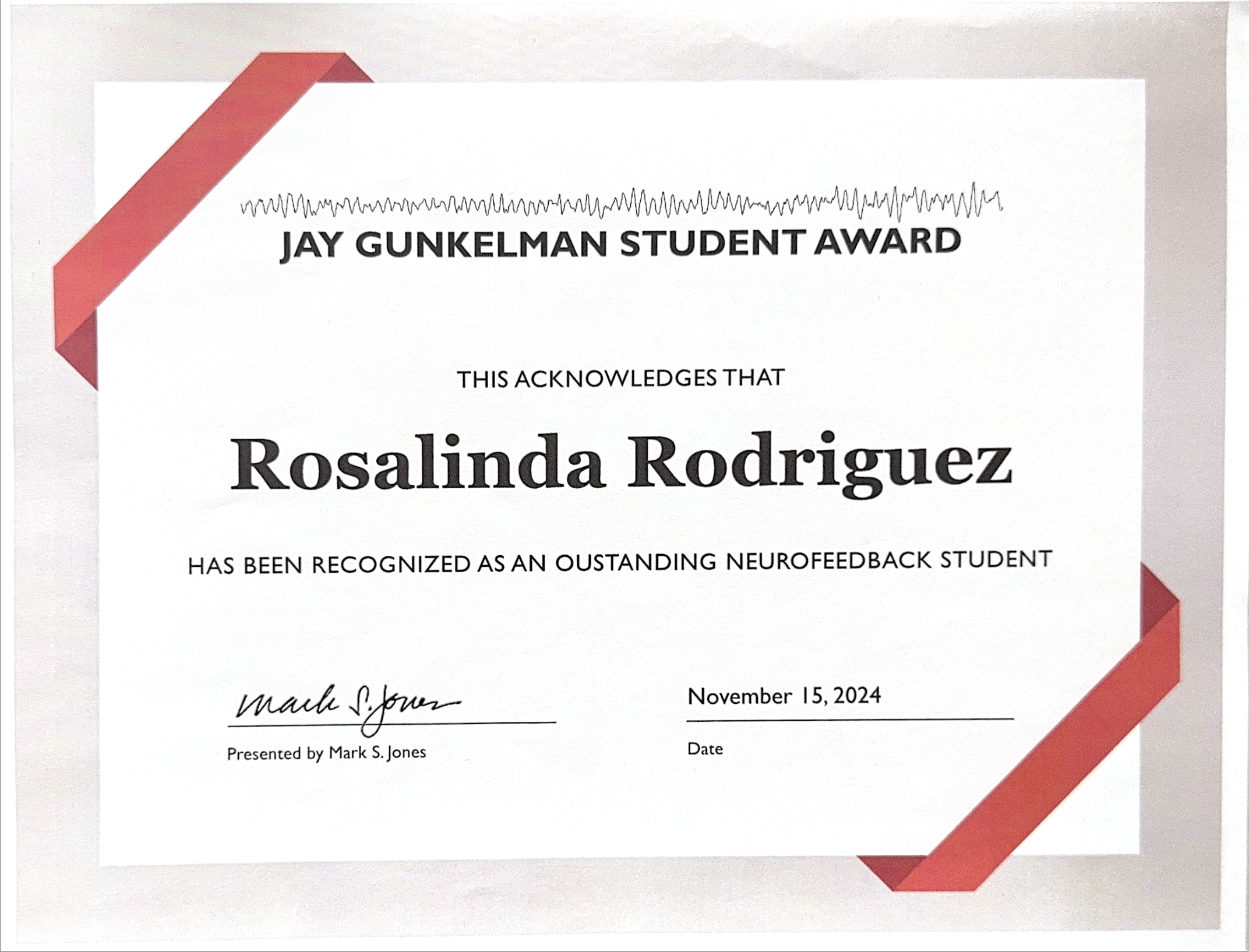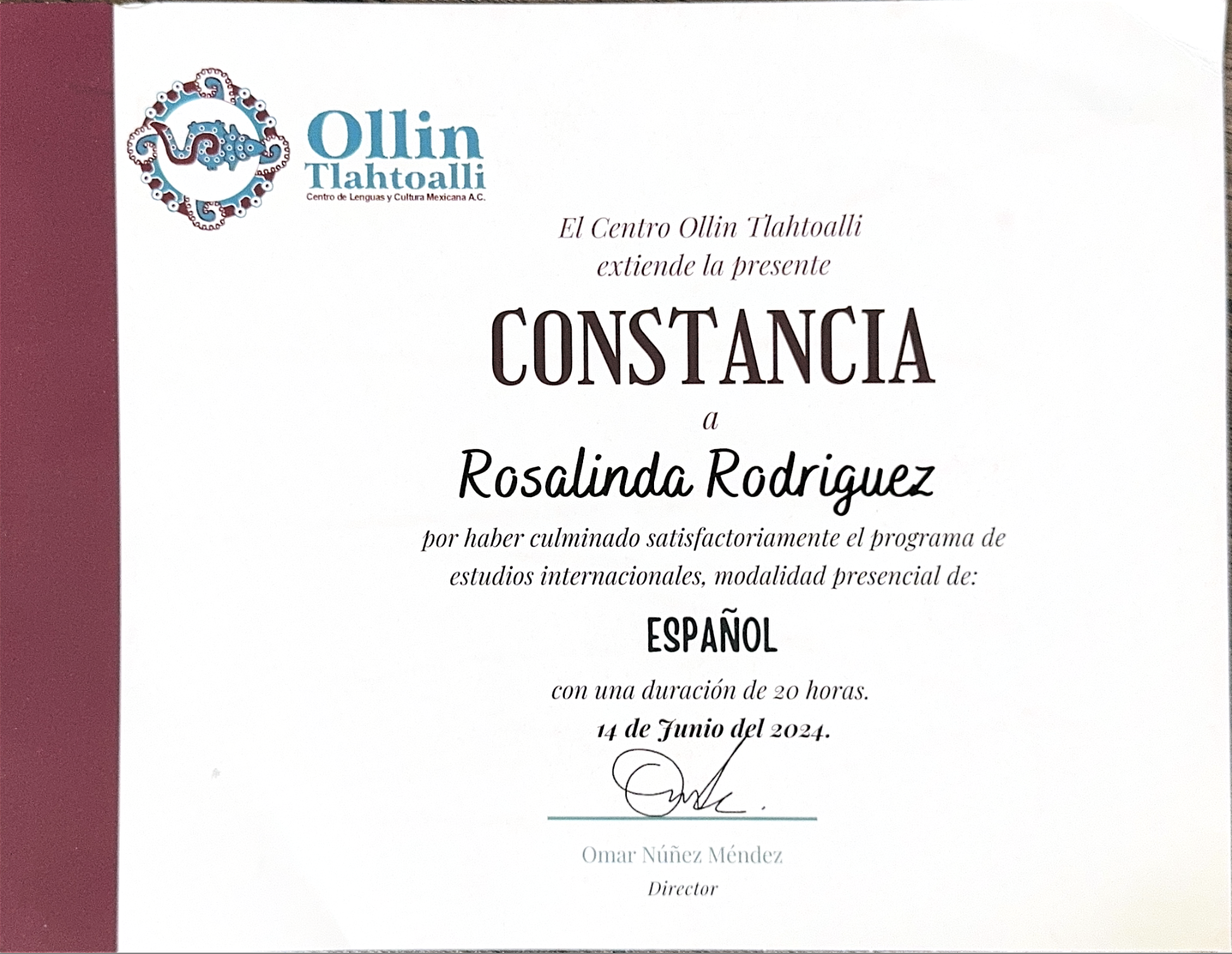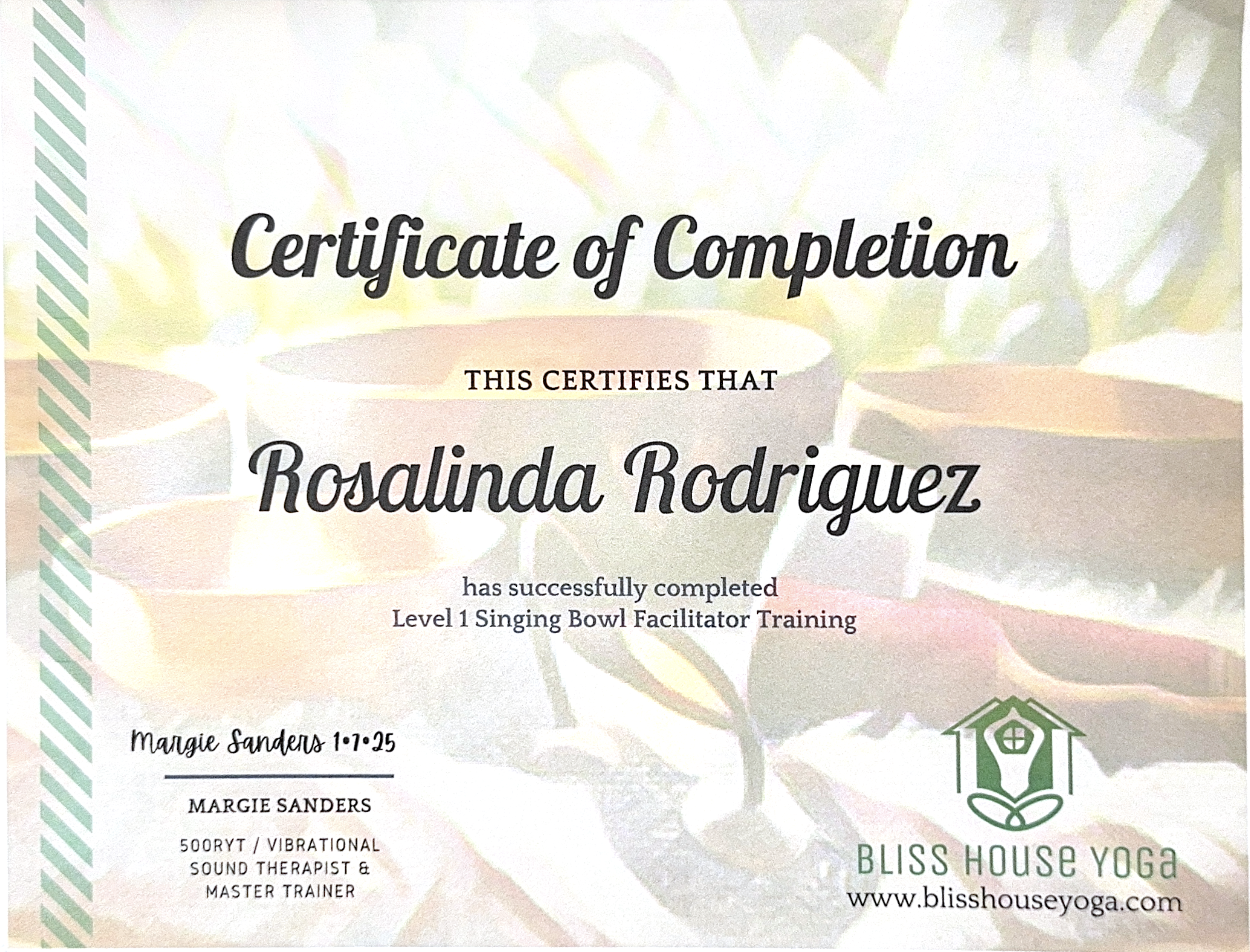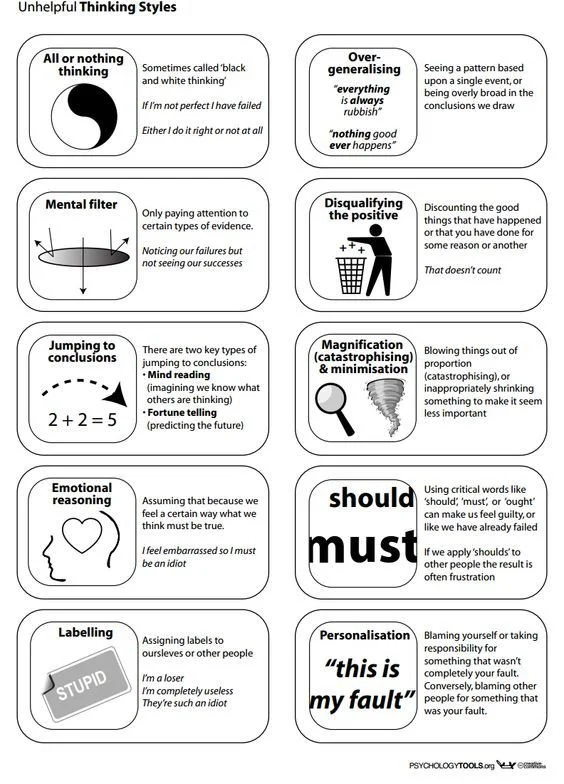
Theory
What is counseling theory?
Counseling theory is like a roadmap that helps guide the therapeutic process. Just as doctors use different approaches to treat physical health, counselors use different theories to understand people and support their emotional and mental well-being. These theories offer ideas about why people feel, think, and behave the way they do—and how change and healing can happen. Every counselor develops their own unique style based on the theories that best fit who they are and what their clients need.
Theory Content
-
Counseling Theories Syllabus
Attached is a copy of my Counseling Theories course syllabus. It outlines the key topics, readings, assignments, and learning objectives that shaped my foundational understanding of major counseling approaches and their practical application.
-
An Integrative Approach to Counseling
This paper is my first attempt at applying theory knowledge to a case example. It presents an integrative framework, explores key techniques, and demonstrates multicultural responsiveness.
-
Theory Discussion Posts
These discussion posts mark the beginning of my exploration into counseling theories. Using hypothetical cases, I applied various theoretical approaches to begin identifying the lens that best fits my developing counseling style.
-
Treatment Planning
In a group with two of my intelligent peers, we collaborated on our first case conceptualization and treatment planning.
-
Supervisor Evaluations
A collection of evaluations by my site supervisor over my time as a practicum student in the Spring of 2025.
-
Section Summary
A brief reflection into my counseling theories development throughout the program. I highlight my time exploring person-centered, Adlerian, CBT, narrative, and others.
Client Resources
